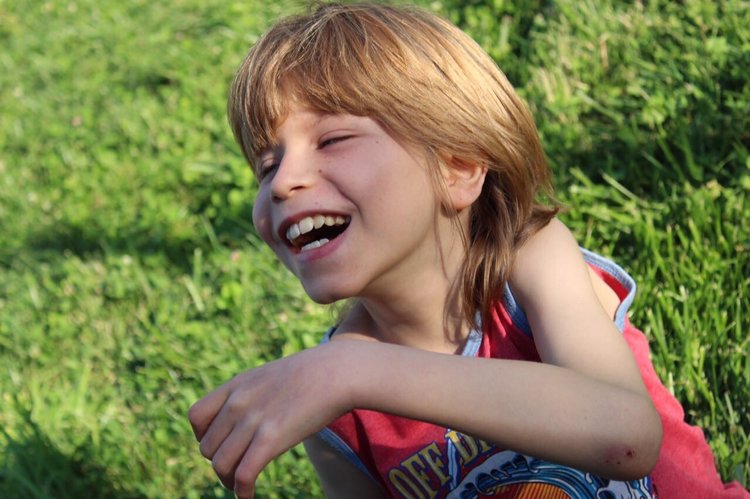Joaquin's Update
"We are calling on researchers, specialists, advocates and families of the world to help Joaquin. If you follow Rare Genomics, you know we have been working with Joaquin’s family since 2012, first to raise funds for trio whole exome sequencing, then to re-analyze his results and make a case for free trio whole genome sequencing with Illumina. Now with a diagnosis, we need your help in finding a cure.” – Romina Ortiz, VP Patient Advocacy, Rare Genomics Institute
After six intense years of fighting against an unknown disease that burst into Joaquin's life at three years of age, and performing all the necessary exams to identify the disease and failing in each of them, Joaquin was diagnosed in March of 2017 through Rare Genomics’ philanthropic program iHope with Illumina.
Joaquin has a Microdeletion of chromosome 19q13.11. Specifically, a 1.67 Mb loss of [GRCh37/hg19] chr19:35,223,021- 36,895,699, 19q13.11-19q13.12. This heterozygous de novo mutation deletes 78 genes including KMT2B. The KMT2B gene is responsible for DYT28 Dystonia, a very early onset disease that is extremely difficult to manage. Although the diagnosis is a recent medical finding, it is widely known that DBS (deep brain stimulation) can ameliorate the effects of Dystonia. However, Joaquin has had DBS treatment since 2013 with minimal improvement. He has also received an intrathecal baclofen pump and oral drugs, including trihexyphenidyl every 8 hours, and 50 mg of trazodone every 24 hours.

Despite having significant clinical support by a first-class medical team, Joaquin's disease continues to be extremely difficult to manage and his symptoms are progressing. He continues to suffer from seizures, autism, unusual eye movements, trouble feeding, immune system irregularities as well as generalized and progressive dystonia leaving him confined to a wheelchair.
If you or anyone you know can help us find a way to better treat this disease, or if you want to help in another way, please contact: Romina.ortiz@raregenomics.org. If you know Spanish and want to learn more about his journey, view Joaquin’s website: www.amigosdejoaquin.cl.
|

